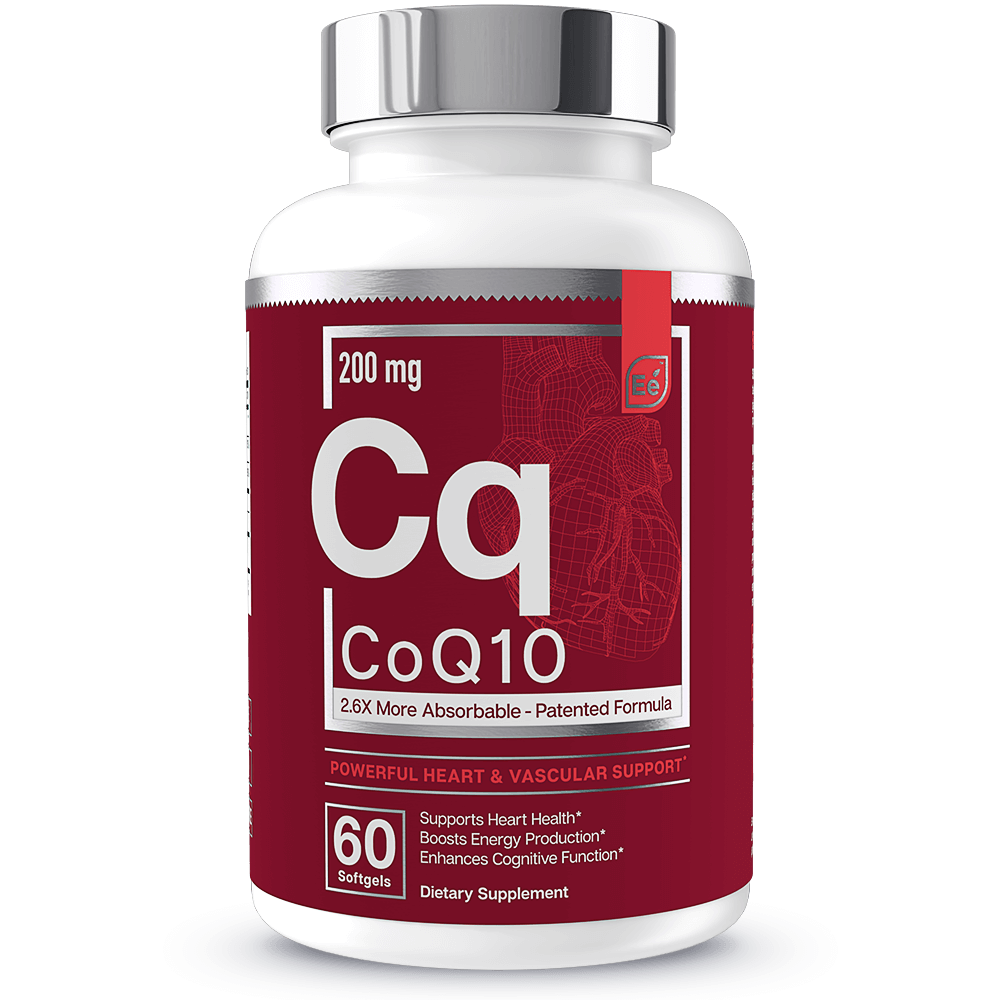8 Signs of Potassium Deficiency (Hypokalemia): Symptoms and What to Do
8 minute read
Hypokalemia (potassium deficiency) is not a condition that many people have heard of, but it is very serious. Potassium is an essential mineral for your health, and low levels can put you at risk for serious health complications.
With 98 percent of the U.S. population not meeting recommended intake levels for potassium, hypokalemia is a real threat. Understanding what to look out for, and the best sources of potassium, could help you identify the problem before it is too late.
Why You Need Potassium
Potassium is largely involved in regulating fluid balance. It is found in every cell, so without it, cells lose the ability to function properly.
| Related: The Health Benefits of Different Banana Colors |
Potassium is a beneficial electrolyte that works with sodium to regulate blood pressure. It also transmits electrical impulses to control your nerves and muscles.
This essential mineral plays important roles throughout your entire body, so it is clear to see how a deficiency could cause you serious problems.
Low potassium levels do not actually occur as a result of low potassium intake through diet. More commonly, hypokalemia occurs when your body loses too much fluid.
This can occur as a result of chronic vomiting, diarrhea, blood loss, or excessive sweating. In most cases people are not aware of the deficiency, so it remains untreated. The signs and symptoms to look out for can help you identify the condition quickly, so you can increase potassium intake and maintain healthy balance.

You are not alone if you do not currently get the potassium you need. Potassium deficiency is common across the country, and as said before, the cause is not usually related to diet.
Knowing this, you can be prepared in the event you develop chronic diarrhea, vomiting, or severe blood loss. Should this happen, be aware that your potassium levels have dropped and you will need to pick them up in order to prevent any of these symptoms and hypokalemia.
How to Increase Your Potassium Levels
To correct a potassium deficiency, all you need to do is increase your dietary intake. The best potassium-rich foods to try include yams, bananas, clams, white beans, avocado, chicken, kiwis, oranges, pinto beans, and sweet potatoes.
| Related: How to Make Delicious Gluten-Free Blueberry Banana Pancakes |
If you do not feel that you are meeting the recommended daily amount of 4,700 milligrams, then potassium supplements are available at health food stores and pharmacies.
The 8 Signs of Low Potassium
Low potassium levels can be easily rectified with increased consumptions of potassium-rich foods or supplements. The problem arises with not knowing you are deficient, but the signs discussed below can help you before hypokalemia develops and your health becomes much worse.
1. Fatigue and Weakness
These will likely be the first symptoms you will notice. Potassium helps to regulate muscle function, specifically contractions, so when levels are low, your muscles have weaker contractions, which makes you feel tired out.

As a powerful electrolyte, potassium also impacts how other nutrients are used in your body, meaning not enough potassium can lead to fatigue.
2. Muscle Cramps
The uncontrolled contractions of your muscles are spasms or cramps, and they can be very painful. Low levels of potassium in the blood trigger these spasms more frequently.
| Related: The Best Exercise for Aging Muscles |
Potassium is responsible for relaying signals from your brain that stimulate contractions as needed. When the levels are low, however, these signals are not effectively relayed. You end up with more prolonged contractions and cramps.
3. Muscle Stiffness
Your muscles will do more than spasm as the potassium deficiency gets more severe. Your muscles can become stiff and continuously ache, which is caused by rapid muscle breakdown.
Severely low levels of potassium in your blood restrict blood flow to your muscles. Your muscle cells become starved of oxygen and they can leak or rupture, which results in full muscle breakdown and stiffness.
4. Numbness
The presence of persistent tingling sensations and numbness (paresthesia) is a sign of potassium deficiency. Because potassium plays an important role in nerve function, a deficiency can disrupt nerve communication and weaken signals.
Typically the sensation occurs in your extremities and is harmless, but it is best to check with your doctor to identify if it is potassium related or caused by another underlying condition.

5. Heart Skipping a Beat
Heart palpitations are another common result of potassium deficiency, and they can be scary. When your heart beats faster than normal or misses a beat altogether, you may worry about heart attack or heart disease.
| Related: The 7 Heart-Healthy Foods You Need to Eat |
As potassium flows in and out of your heart cells, it regulates your heartbeat, so any alteration to this flow will result in palpitations. Palpitations require immediate attention because they can also be linked to arrhythmia, which is a sign of more serious heart problems.
6. Digestive Troubles
Just as potassium helps relay signals from your brain to your muscles, it also relays brain signals to your digestive tract. These signals stimulate digestion and food breakdown.
| Related: How Digestive Enzymes Help You Beat the Bloat |
Without potassium, the contractions get weaker and digestive processes slow down, causing constipation and bloating. Studies have even shown a link between severe deficiency and total gut paralysis, although the specifics behind the link are unclear.
7. Difficulty Breathing
Breathing complications only occur when potassium levels become very low. This is because of the role potassium plays in the relay of signals to your lung muscles.
Without adequate potassium, your lung muscles are not able to efficiently expand and contract, so you end up with shortness of breath or labored breathing. Low potassium also affects breathing when it changes your heartbeat.
When less blood is pumped around your body, oxygen delivery is altered and breathing is impacted.
8. Altered Mood
Finally you may notice mood changes and mental fatigue or brain fog when you are running low on potassium. As a key player in nerve signaling, when potassium is low, signals in your brain are disrupted, impacting brain function.

While there are numerous causes to mood disturbances and disorders, potassium may be the cause. You should consult your doctor should you notice anything unusual.
The Bottom Line
Potassium is an essential mineral with important roles in your body. A delicate balance is needed to maintain optimal health, so watch for signs of deficiency to ensure balance is restored and your health remains intact.
You should also be careful not to overdo it, as too much potassium can be dangerous too. Normally, your kidneys will filter out what you don’t need, but hyperkalemia can develop.
With that in mind, when was the last time you ate a banana?
READ NEXT >>> 5 Signs You’re Lactose Intolerant
At 1MD, our mission is to help people make smarter health choices and lead healthier lifestyles by creating industry-leading products and cutting-edge health content. Take advantage of our medically researched supplements for boosting your health by visiting our online store for a complete list of our 100% natural products. We offer family and bulk purchase discounts as well as monthly subscription options for maximum savings.
























 Health Guides
Health Guides
 Latest Research
Latest Research


